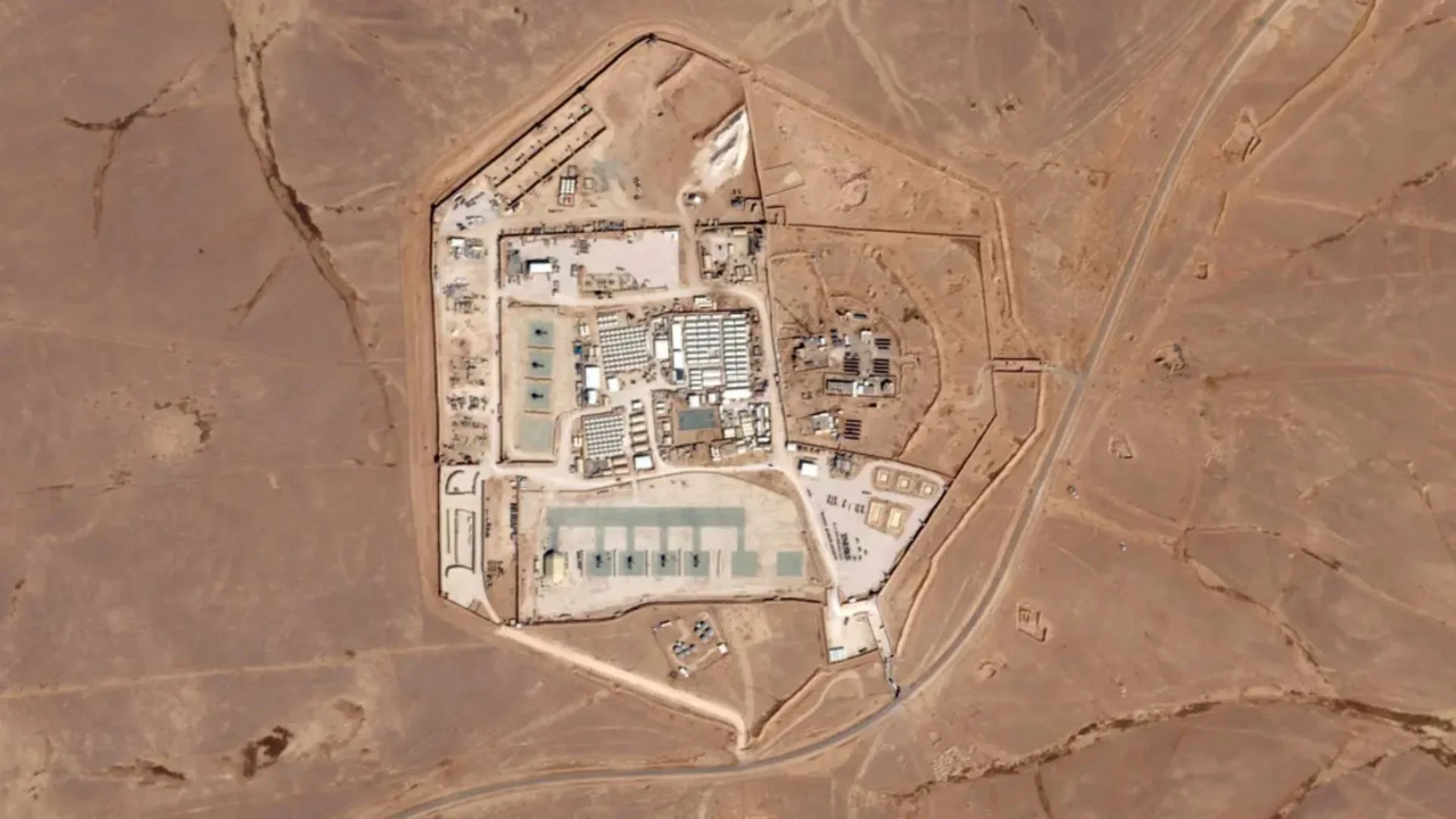Notwithstanding the dominance of Chinese banks in the global banking listing, they are failing to comply with the regulations of host countries as well as the Financial Action Task Force (FATF), especially anti-money laundering (AML) controls as they venture abroad.
As per a US-based news organisation, Financial Post, Chinese banks’ weak regulatory standards and failure in compliance are suspected to be misused by criminals and terror outfits for money laundering. In its report, the Paris-based watchdog, FATF has pointed out several weaknesses in China’s anti-money laundering (AML) and counter-terrorist financing (CTF) regulatory systems. The FATF report noted that both financial and non-financial institutions in China had an incomplete understanding of the risks associated with money laundering and terrorist financing, which undermined the effectiveness of the country’s AML and CTF arrangements.
The report characterised China’s targeted financial sanctions related to both terrorist financing and proliferation financing as poor.
China had four banks among the top 10 banks (asset wise) in 2020, namely the Industrial and Commercial Bank of China (ICBC), China Construction Bank, Agricultural Bank of China (ABC) and Bank of China.
Apart from these, some other Chinese banks also figured in the top 50 banks of the world, namely the Postal Savings Bank of China, China Merchant Bank, China Minsheng Bank, Shanghai Pudong Development Bank, China CTIC Bank and China Everbright Bank.
Recently, ICBC, China’s biggest state-controlled bank was fined by the Financial Transactions and Reports Analysis Centre (FINTRAC) of Canada for alleged violation of Canada’s Crime and Terrorist Financing Act, reported Financial Post.
Earlier, in 2016 New York’s banking regulator imposed a fine of USD 215 million on the ABC, due to violations of anti-money-laundering regulations and attempts to “mask” suspicious transactions.
In yet another such instance, the Bank of China in Milan in June 2015, was accused of laundering more than Euro 2 billion through its branch during 2007-2010 for Chinese criminals and sending the funds back to China via millions of small transfers.
In a similar case, the US Federal Reserve ordered (2016), the China Construction Bank’s New York branch to enhance AML controls, reported Financial Post.
Moreover, Chinese banks are an integral part of Beijing’s strategy for global outreach through Belt and Road initiative and other investments across the globe for building infrastructure.
BRI’s CPEC is also being viewed with suspicion regarding lax and poor regulatory systems as far as the financing of the projects by the Chinese banks is concerned.
Chinese financial institutions are vulnerable to being used as conduits to channel funds for the disruptive agenda of the Pakistan deep state. Also, the possibility of Pak-based terrorist groups using these Chinese banks, which have a global presence for their nefarious designs cannot be ruled out.
As Pakistan is under the pressure of FATF’s grey-listing, it has no option but to explore new ways and routes to transfer money for its covert activities.























